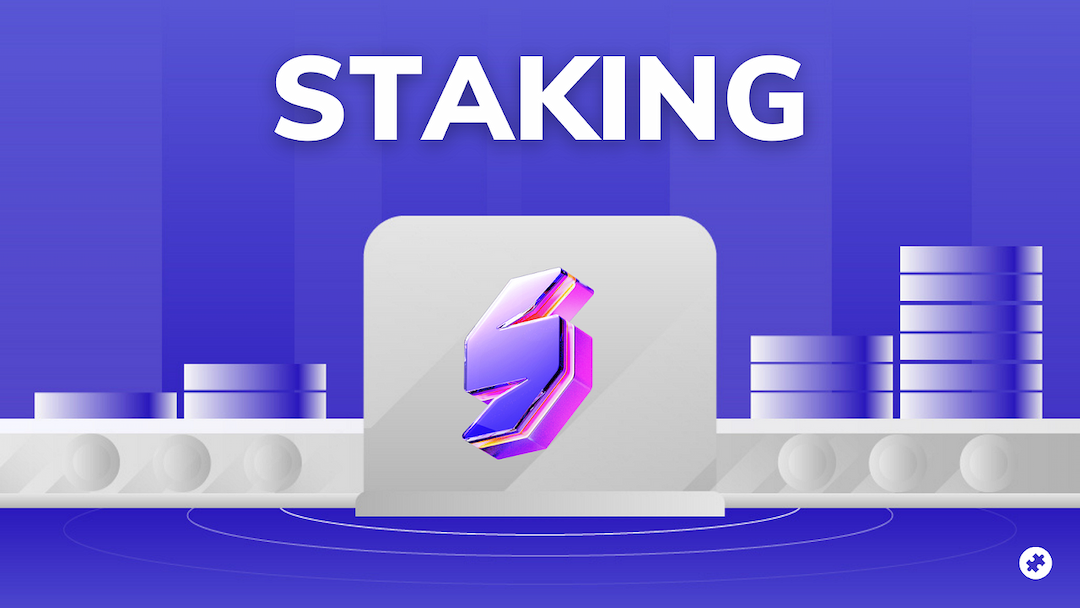
Risks and Rewards of Staking in Proof of Stake
Proof of Stake (PoS) is an alternative consensus mechanism in blockchain networks, offering a way to validate transactions and secure the network while earning rewards.
This article explores the concept of staking, its potential rewards, and the risks associated with participating in PoS networks. Proof of Stake (PoS) is a consensus mechanism used in many blockchain networks to secure the network, validate transactions, and earn rewards.
Unlike Proof of Work (PoW), which relies on miners solving complex mathematical puzzles, PoS relies on validators who 'stake' their cryptocurrency as collateral to participate in block validation.
This article provides a detailed explanation of the staking process, including how it works, the role of validators, and the rewards they can earn. It also discusses the potential risks of staking, such as slashing penalties for misbehavior and the need to choose reliable validators.
While staking offers the opportunity to earn passive income and participate in network governance, it's essential for participants to understand the risks and rewards associated with this activity. PoS networks are becoming increasingly popular, and staking is a fundamental aspect of their operation.
Whether you're a crypto investor looking to earn rewards or a blockchain enthusiast interested in network security, understanding the ins and outs of staking in PoS networks is crucial.
Comments (0)
Be the first to comment.